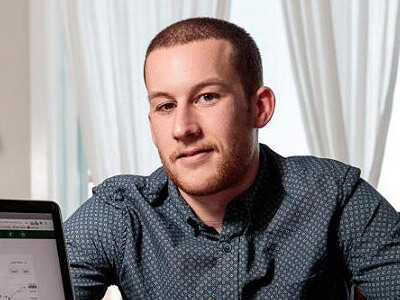The passive aggressive TFSA strategy
Felix is a young investor with time on his side—or so he thinks
Advertisement
Felix is a young investor with time on his side—or so he thinks

Felix RousseauAGE: 25 PLACE: Comox, Vancouver Island TFSA TOTAL: $35,000 STRATEGY: Couch Potato with low-fee index mutual funds |
Share this article Share on Facebook Share on Twitter Share on Linkedin Share on Reddit Share on Email